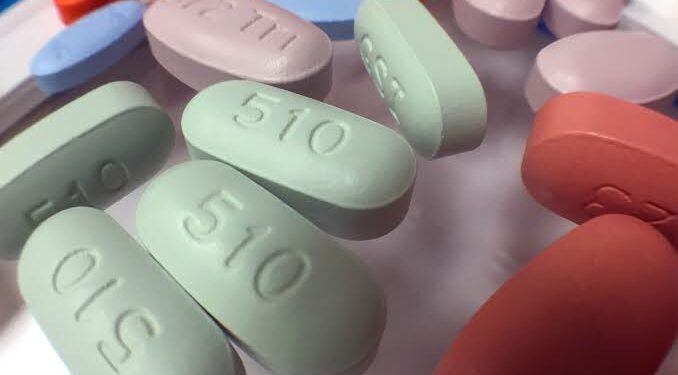The Uganda Network on Law, Ethics and HIV/AIDS (UGANET) has called upon government to provide a comprehensive account of how Antiretroviral drugs (ARVs) found their way into the hands of animal rearers.
Experts at UGANET expressed their bewilderment at the paradox of a reported shortage of ARVs for HIV/AIDS patients juxtaposed against the apparent surplus diverted for use as growth boosters in livestock farming.
Immaculate Owomugisha, the head of advocacy and strategic litigation at UGANET, emphasized the implausibility of HIV patients being the major source.
She asserted, “They take what they are prescribed for, for a certain time after which they go back to health centers to get more, meaning medics in hospitals are the ones giving these drugs to farmers.”
Disturbingly, a senior official from Uganda’s National Drug Authority (NDA) acknowledged that they were aware of this issue a decade ago but chose not to take immediate action due to concerns over potential economic repercussions.
Amos Atumanya, NDA’s Senior Inspector of Drugs, revealed that ARVs were primarily being used to treat African Swine Fever in pigs, a disease with no known remedy. Additionally, ARVs were reported to be utilized against New Castle Disease in chickens.
Researchers from Makerere University College of Health Sciences corroborated these findings, identifying traces of efavirenz, a potent anti-HIV drug, in chicken tissue and feed samples in Wakiso District.
The presence of ART medicines in farm animals raises serious concerns about potential human exposure to sub-therapeutic concentrations.
The researchers highlighted that the primary motivation for misusing ARVs in farm animals is economic, driven by the promise of quick profits through accelerated growth and fattening of livestock.
It was also discovered that individuals, exploiting irregularities, were acquiring ARVs from public health facilities and some persons living with HIV/AIDS. Allegations of multiple registrations of HIV-positive individuals at health facilities have created opportunities for unauthorized access to these heavily restricted medicines.
Terego West representative Hon. Joel Leku and Polycarp Ogwari of Agule County expressed their dismay at the NDA’s decade-long silence on this critical issue.
Ogwari emphasized, “It is a disappointment when you discovered early enough that we are here discussing the same thing. The country should have been aware of this and of people who misuse drugs. I think we are on the wrong way. To be honest, it is countrywide; it isn’t only one region, these drugs are used in animals.”
UGANET has now tasked the Health Ministry and the National Medical Stores (NMS) to provide a detailed account of how these drugs were released and who was responsible for their distribution to Ugandan farmers.
This revelation has ignited widespread concern, underscoring the urgency for measures to control the misuse of ARVs and safeguard the integrity of HIV/AIDS treatment in Uganda.
Do you have a story in your community or an opinion to share with us: Email us at editorial@watchdoguganda.com









